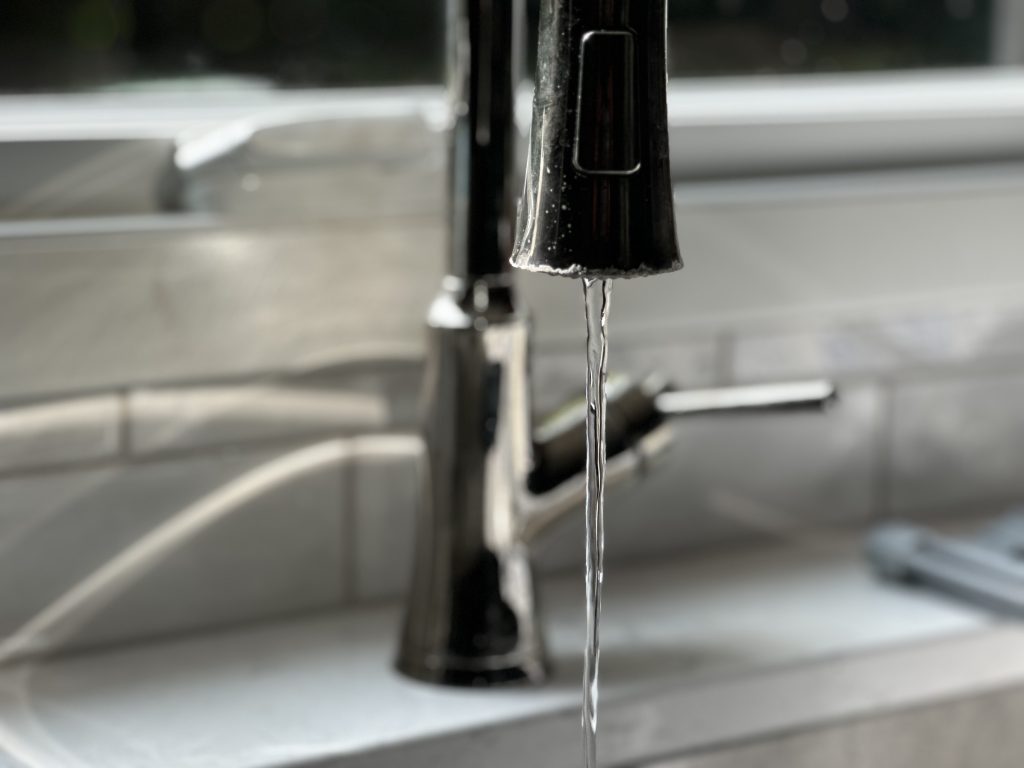Earlier this year, Assembly lawmakers passed Senate Bill 312, which now heads to Gov. Evers’ desk for approval. The bill would result in PFAS ‘forever chemicals’ being treated differently from every other hazardous substance under Wisconsin’s Spill’s Law. As written, the bill limits the Department of Natural Resource’s ability to order responsible parties to clean up PFAS on private property.
“This bill puts the burden of PFAS cleanup on Wisconsin taxpayers instead of polluters. It isn’t fair, and it doesn’t reflect the values of our state,” says Clean Wisconsin Water and Agriculture Program Director Sara Walling. “This should have been a simple, straightforward spending bill that gets our communities the help they desperately need. Instead, it’s just another source of frustration and disappointment for families that have been dealing with PFAS pollution for years. Governor Evers has every reason veto this bill.”
Toxic PFAS ‘forever chemicals’ are contaminating drinking water, groundwater, lakes and streams in communities across Wisconsin. Last year, $125 million was set aside in the state budget to help those communities access safe drinking water and begin cleaning up contamination sites.
“Right now, that money sits in a trust fund because state lawmakers have failed to pass a spending bill that protects both families and the state’s ability to hold polluters accountable,” Walling says. “Clean Wisconsin supports the Governor’s call for the Joint Finance Committee to release this money to the Department of Natural Resources so the agency can get funding where it’s needed most. The people of Marinette, Peshtigo, Campbell, Stella, and communities across Wisconsin deserve help right now. They don’t have time to wait.”
PFAS (or per-and-polyfluoroalkyl substances) are a class of thousands of different chemicals, many of which are still being manufactured and used in a wide variety of products, like non-stick pans, fast food wrappers, carpets, upholstery, firefighting foam, shoes and clothing. The harmful chemicals have made their way into waterways across Wisconsin, prompting the DNR to issue numerous fish consumption advisories. PFAS have also been detected in municipal drinking water systems and private water wells in many communities including Eau Claire, La Crosse, Madison, Rhinelander, Marshfield, Manitowoc, French Island, Marinette, Peshtigo and Wausau. Studies have shown that high-level exposure to PFAS is associated with suppressed vaccine response, increased risk of some cancers, increased cholesterol, and increased risk of high blood pressure in pregnant women.

